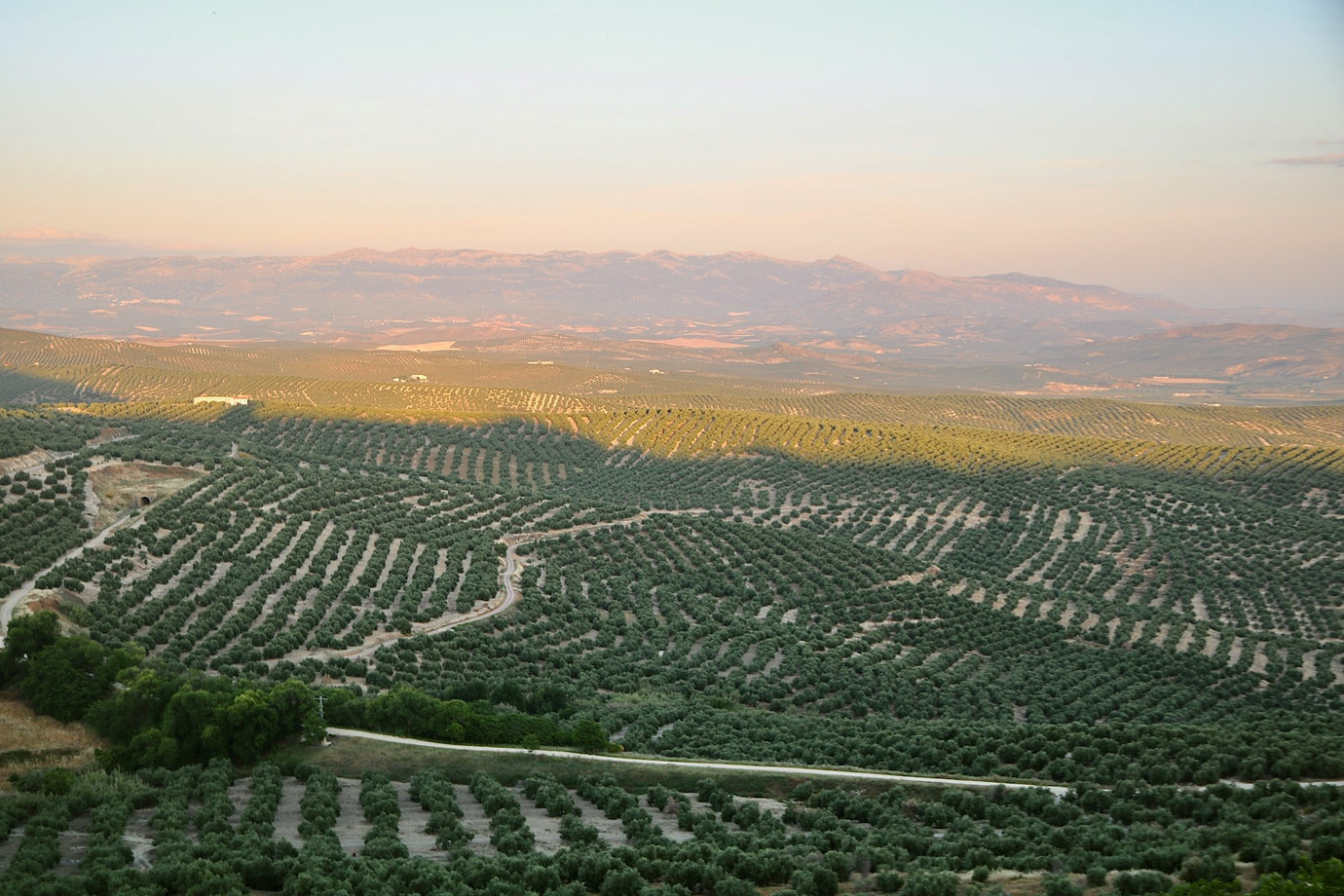Is it Better to Cook With Olive Oil Over Vegetable Oil?
When deciding on the right oil for your cooking, olive oil and vegetable oil often find themselves face-to-face. But, is it really better to cook with olive oil over vegetable oil? Both oils have unique features, flavours, and health considerations. In this blog post, we'll explore the attributes of olive oil and vegetable oil to help you decide which one might be better suited for your project.
The Basics of Olive Oil
Olive Oil Flavour Profile
Olive oil, especially extra virgin olive oil, is well-known for its rich, fruity, and sometimes peppery flavour. It adds a distinctive taste to dishes and is a staple in Mediterranean cuisine.
Olive Oil Health Benefits
Olive oil is renowned for its heart-healthy monounsaturated fats and is a good source of antioxidants. The presence of polyphenols contributes to its anti-inflammatory properties.
Olive Oil Culinary Applications
Extra virgin olive oil is best used in low to medium-heat cooking, salad dressings, and drizzling over finished dishes. Its nuanced flavours are best preserved when not exposed to high temperatures.
Why Do Chefs Use Olive Oil Instead of Vegetable Oil?
You may notice olive oil used in many restaurants or see your favourite chefs using it. The answer isn’t necessarily that they are using olive oil instead of vegetable oil, but that they are using olive oil in certain applications. Olive oil adds a rich flavour, so it is often used in raw dishes, or even as a garnish. On the other hand, vegetable oil is used more for its utility, so it may not be seen as much in the kitchen— but it’s there!
The Basics of Vegetable Oil
Vegetable Oil Flavour Profile
Vegetable oil, typically a blend of various oils like soybean, canola, and sunflower oil, boasts a neutral taste. Its lack of a distinct flavour makes it suitable for a wide range of dishes.
Vegetable Oil Health Considerations
While vegetable oil is a source of polyunsaturated fats, it lacks the specific health benefits associated with olive oil, such as the abundance of monounsaturated fats and antioxidants.
Vegetable Oil Culinary Applications
Vegetable oil's high smoke point makes it ideal for high-heat cooking methods like frying and deep-frying. Its versatility extends to baking, sautéing, and as a general-purpose cooking oil.
Choosing the Right Oil: A Cheat Sheet
Here are some simple statements to help you pick the right oil between olive oil vs. vegetable oil.
- If heart health is a priority → Go for olive oil.
- If you want a strong, distinct flavour from the oil → Go for olive oil.
- If you want a neutral flavour from the oil → Go for vegetable oil.
- When high-heat cooking methods are involved → Go for vegetable oil.
- If you’re cooking at a low heat → Go for olive oil.
- If you’re looking for the lowest-cost option → Go for vegetable oil.
What’s The Healthiest Oil to Cook With?
Similarly to our olive oil vs. vegetable oil debate, there is no one answer to this question. Olive oil is commonly hailed as a healthy choice, due to its unique nutritional qualities. However, vegetable oils such as canola are also known for being low in saturated fats, thus deemed “heart-healthy” options. It’s also important to use high smoke-point oils (like vegetable oils) in high-heat cooking, to avoid burning the oil and producing harmful compounds in the food.
Conclusion
In the olive oil vs. vegetable oil debate, there isn't a one-size-fits-all answer. The choice depends on your culinary preferences, health priorities, and the specific cooking methods you use. Using a combination of both oils based on your cooking needs might be a balanced approach. Ultimately, understanding the qualities of each oil allows you to make informed decisions that enhance both the flavour and nutritional value of your dishes.



